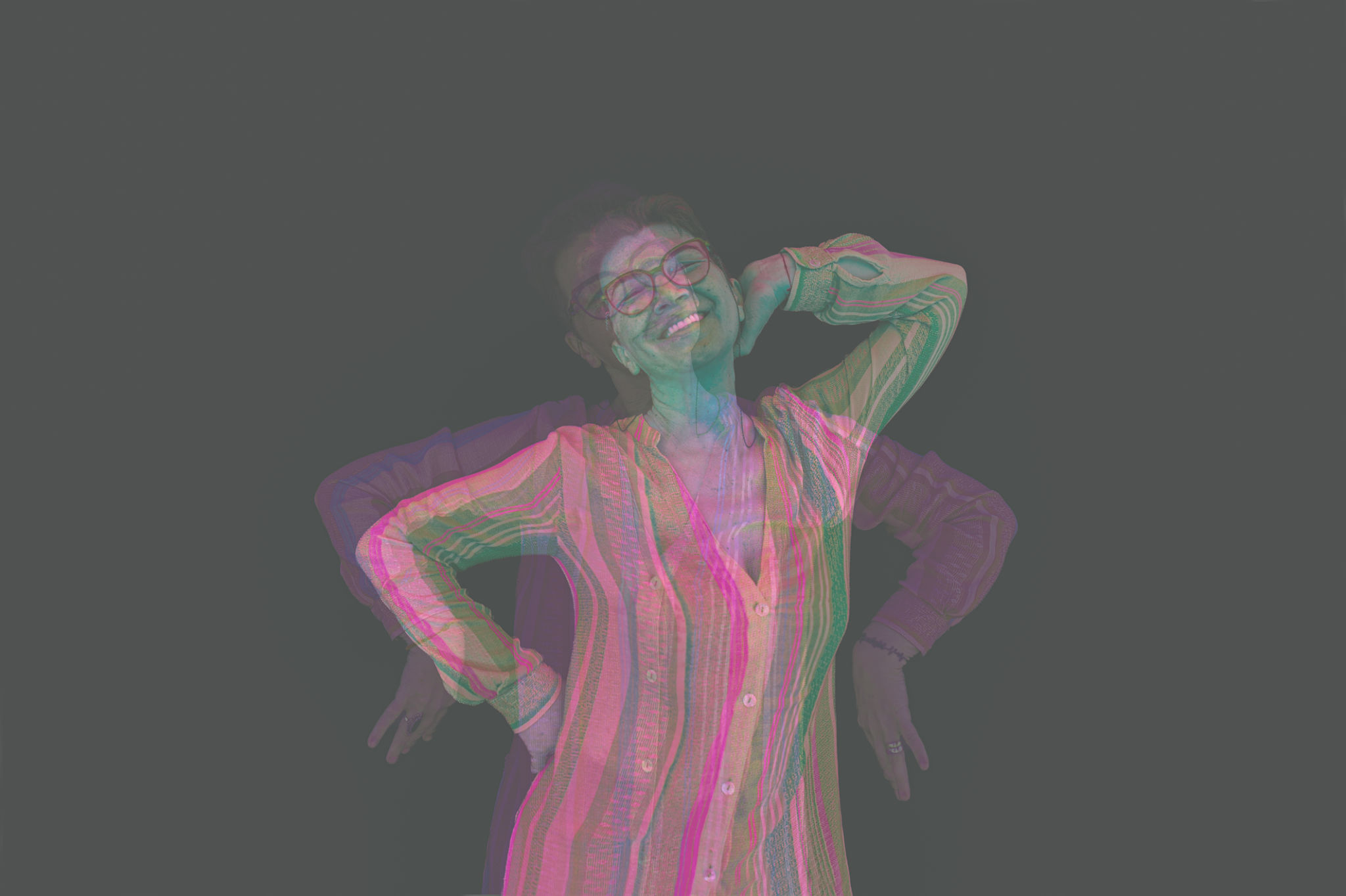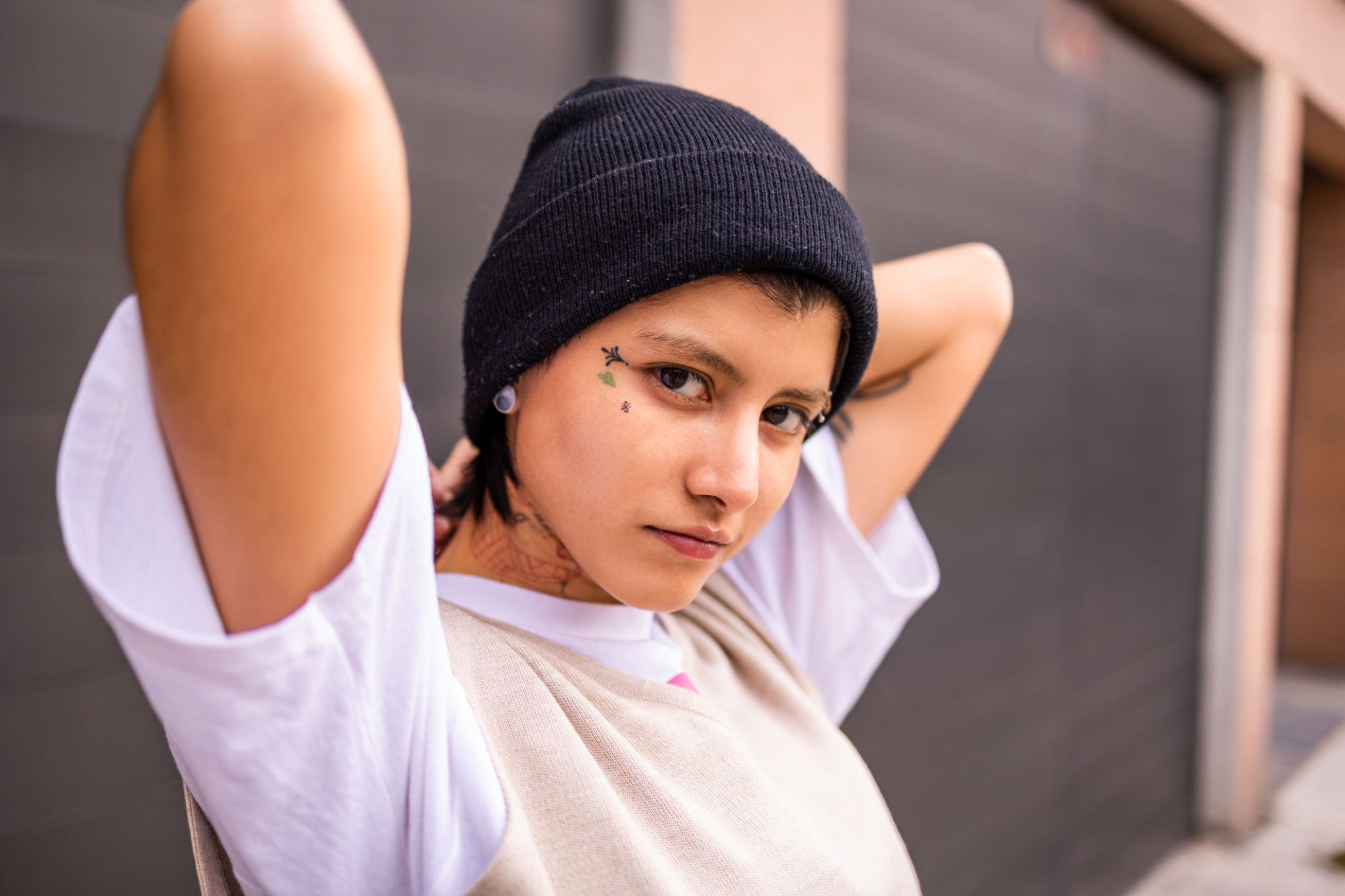Expert Insights: The Future of Fashion Tech
Revolutionizing the Fashion Industry
The intersection of fashion and technology is creating exciting new possibilities for the industry. From smart fabrics to virtual fitting rooms, innovations are reshaping how we design, produce, and experience fashion. This integration of technology is not only enhancing creativity but also addressing critical issues like sustainability and customization.
One of the most promising advancements is the use of smart textiles. These fabrics are embedded with sensors and conductive threads, allowing clothes to adapt to environmental changes or collect data about the wearer. Imagine a jacket that adjusts its insulation based on the weather or a shirt that monitors your heart rate during workouts.

Virtual Reality and Augmented Reality
Virtual and augmented reality are set to transform shopping experiences. Virtual fitting rooms enable customers to try on clothes without physically being in a store, reducing the need for returns. This technology also allows for personalized shopping experiences, where users can see how different outfits look on them in real-time.
Augmented reality is also being used in marketing strategies, offering interactive and immersive experiences that engage consumers on a deeper level. This not only enhances customer satisfaction but also creates a unique brand identity.

AI and Machine Learning
Artificial intelligence and machine learning are playing a significant role in predicting trends and personalizing fashion recommendations. AI algorithms analyze consumer behavior, social media trends, and historical data to forecast upcoming fashion trends. This allows brands to stay ahead of the curve and cater to customer preferences more effectively.
Moreover, AI-driven chatbots and virtual assistants are enhancing customer service by providing instant support and personalized recommendations, further enriching the shopping experience.

Sustainability and Ethical Fashion
Technology is also driving the movement towards sustainable fashion. From using blockchain to ensure transparency in the supply chain to 3D printing clothes on-demand, these innovations are reducing waste and promoting ethical practices. Brands are increasingly adopting eco-friendly materials and processes, appealing to the growing number of environmentally conscious consumers.
With the help of tech, sustainable fashion is becoming not just a trend but a standard in the industry. This shift not only benefits the environment but also builds trust and loyalty among consumers.

Customization and Personalization
In an era where individual expression is paramount, technology is facilitating unprecedented levels of customization. 3D printing and digital design tools allow consumers to create bespoke clothing that reflects their personal style. This trend towards personalization is empowering customers and fostering a more intimate connection with brands.
By embracing custom-fit solutions, fashion tech is also addressing issues related to body positivity and inclusivity, ensuring that everyone can find clothing that fits them perfectly.

Conclusion
The future of fashion tech is brimming with potential. As technology continues to evolve, it will undoubtedly lead to more groundbreaking innovations that will redefine the industry. By embracing these changes, fashion brands can not only enhance their offerings but also create a more sustainable, inclusive, and personalized experience for consumers.
Staying ahead in this dynamic landscape requires a commitment to innovation and a willingness to adapt. As we look forward, the fusion of fashion and technology promises to unlock new creative horizons and redefine what is possible.
